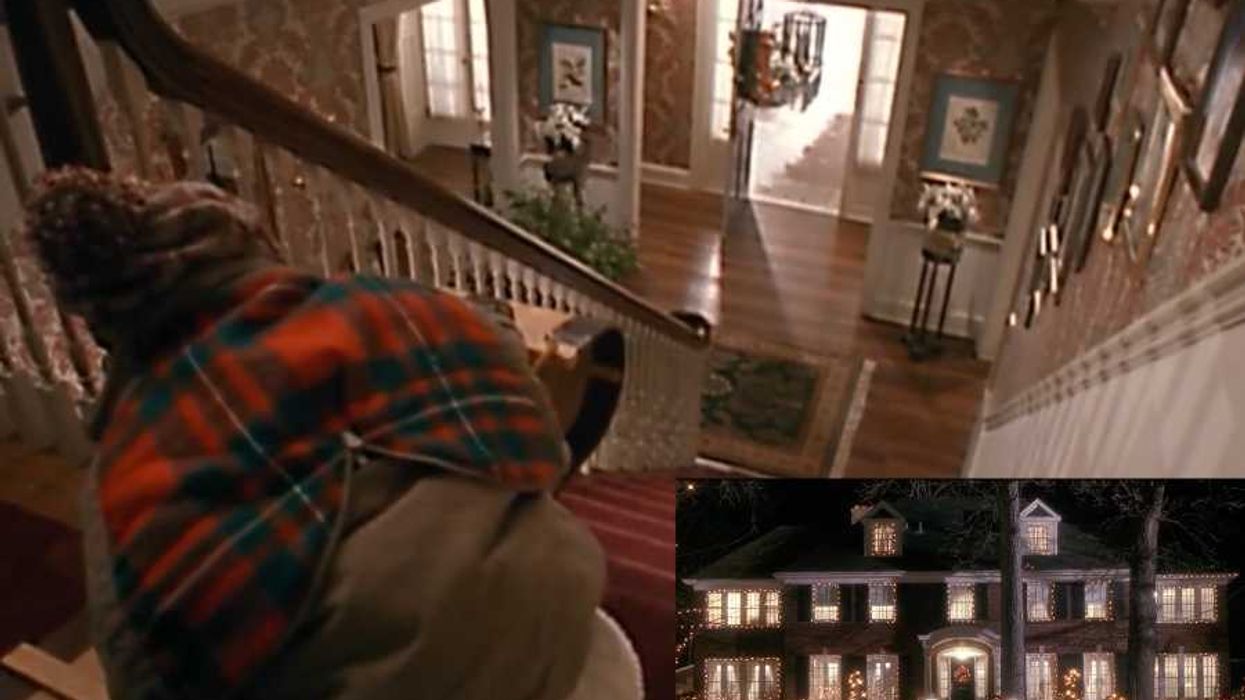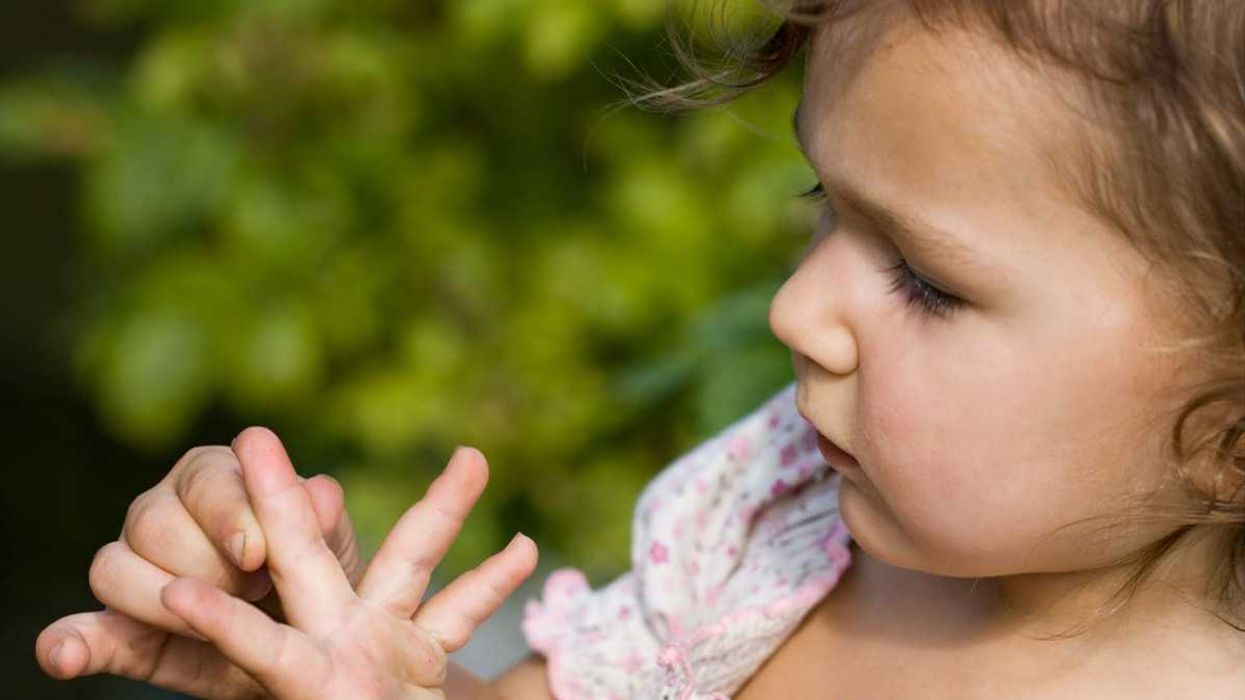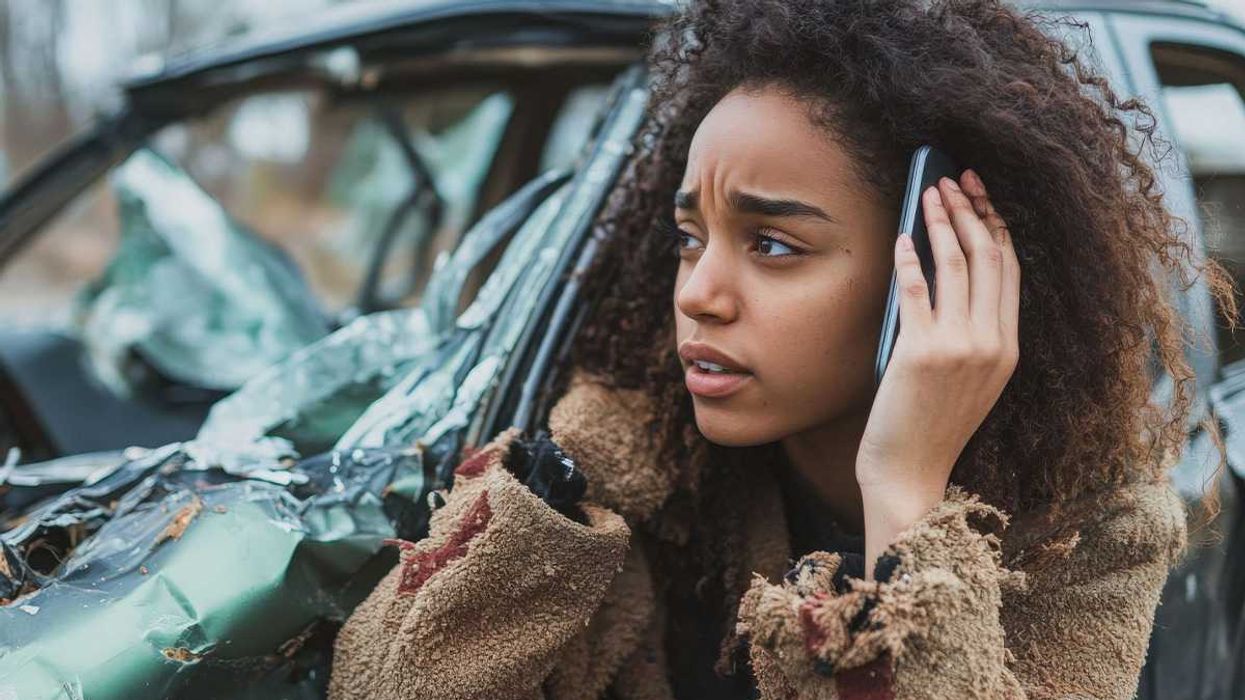Jan Stephenson made a name for herself as one of the early celebrities on the LPGA tour decades ago, emerging as the sport’s Rookie of the Year in 1975. She followed up on her conspicuous debut not just with success on the links (16 wins, 3 of which were majors), but with celebrity off of it, thanks to a risqué cover shoot for Sport magazine in 1977.
She was considered the first sex symbol of the LPGA, and in gaining notoriety across the globe, she had also caught the eye of a rising star in New York real estate world – Donald Trump.
During Stephenson’s first year on tour, LPGA Commissioner Ray Volpe had brokered a dinner between Stephenson and Trump at The Plaza in Manhattan. Trump let Stephenson know that he’d been following her progress on tour (surprising, given her very recent emergence), and mentioned an opportunity to work with his clientele in a promotional capacity.
The relationship escalated from there, with Stephenson saying to USA Today recently, “We got very close.”
Recalling the circumstances surrounding their fling, she speculates on the myriad reasons their relationship didn’t progress, “He was seeing Ivana and I at the same time. He was really open about it. She was an accomplished skier at the time, and he said she was prepared to give up her career to be with him. I told him I couldn’t do that. I think that was the reason it never worked out between us.”
After their relationship ran its course from 1976 until late 1977, Jan Stephenson says Trump started to get very serious with Ivana, marrying her soon thereafter in 1977.
The Trump campaign had been contacted by USA Today to offer comment but declined to do so.
The two stayed friendly after their the relationship’s dissolution and Trump’s marriage. Stephenson claims Trump “never acted inappropriately” during their time together or afterwards, but she suspects him of gloating when he offered her a visit to Trump’s Castle in Atlantic City. Ivana was the president of operations at the time of the, so Stephenson feels Trump was showing off.
She says of the invitation he extended, “It was kind of a double sword. I think that was his way of saying ‘look what you could have had.'”


















 The Emergency Department.Photo credit:
The Emergency Department.Photo credit:  Little girl with a splinter.Photo credit:
Little girl with a splinter.Photo credit:  Woman on phone after car accident.Photo credit:
Woman on phone after car accident.Photo credit: 

 A hotel clerk greets a guestCanva
A hotel clerk greets a guestCanva Gif of Faye Dunaway' as Joan Crawford demanding respect via
Gif of Faye Dunaway' as Joan Crawford demanding respect via  An empty rooftopCanva
An empty rooftopCanva
 A road near equatorial Atlantic OceanCanva
A road near equatorial Atlantic OceanCanva Waves crash against rocksCanva
Waves crash against rocksCanva

 Two people study a mapCanva
Two people study a mapCanva Foggy Chinese villageCanva
Foggy Chinese villageCanva